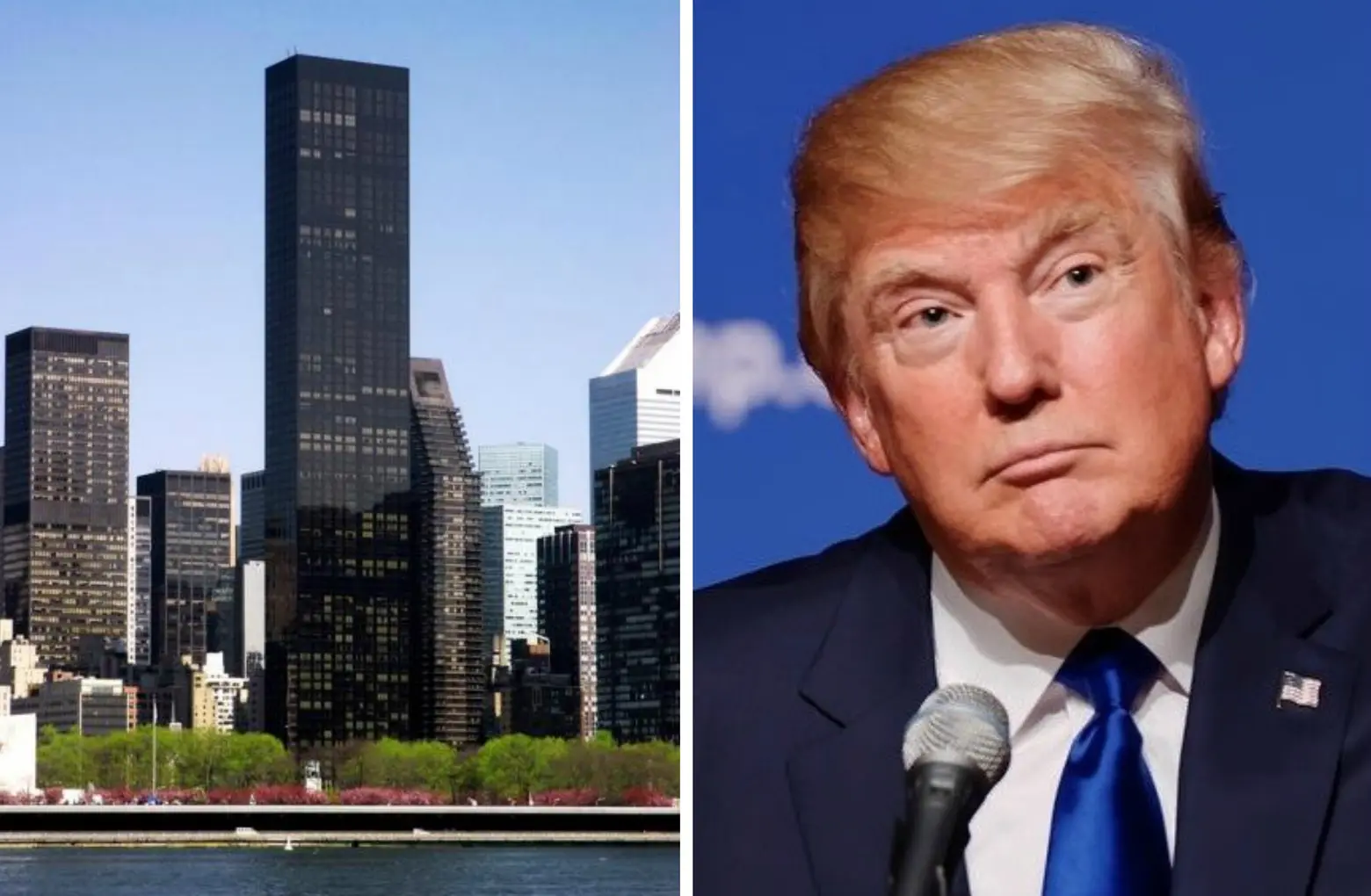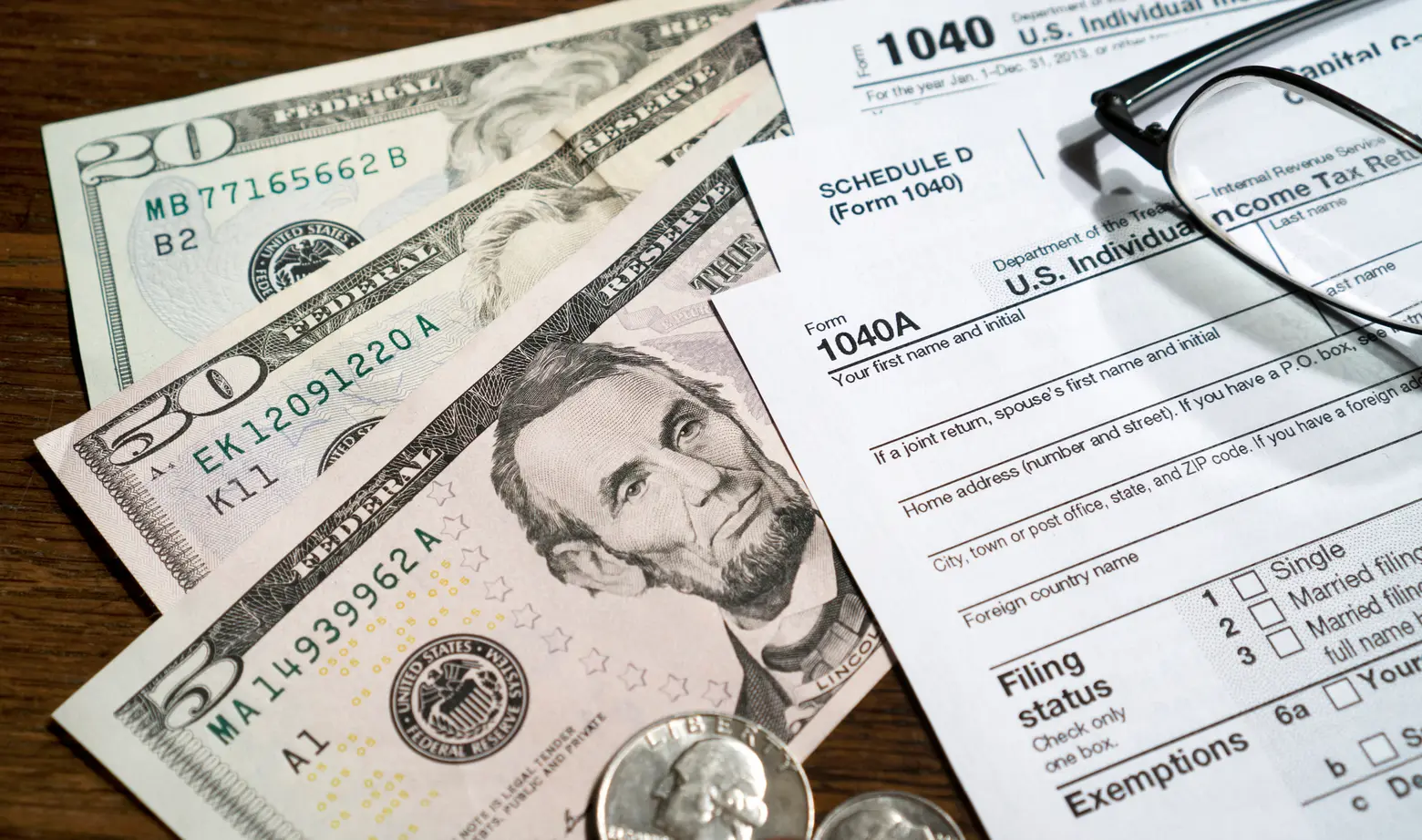The Real Estate Loopholes That Let Donald Trump Look Penniless on Paper

As chatter surrounding Republican presidential candidate Donald Trump’s refusal to make his tax returns public grows louder, the New York Times explains what all the fuss is about, pointing out that while he’s under no legal obligation to open up the books to public scrutiny, every presidential candidate has chosen to do so since Richard Nixon. Despite the hundreds of millions in gross revenue from his vast real estate holdings, there’s a good chance that Trump has paid little–perhaps even zero–federal income tax in past years.
The interesting point is that technically the candidate hasn’t done anything “wrong,” but rather is in the business of doing business, and that business is real estate. The opportunities that real estate can provide for the wealthy to legally avoid forking over the taxes that their incomes would otherwise dictate they pay are numerous, from hiding behind LLCs to swapping real estate purchases to avoid paying taxes.

One example of “some of the most generous tax breaks in the federal tax code” that Trump could be using to slash his reported income to nil or less is the one based on the fact that real estate limited liability companies (LLCs) can produce huge losses due to depreciation, interest payments, real estate taxes and operating costs, even with millions in revenue coming in. The candidate could easily use those paper losses to winnow taxable income.
Trump has reportedly paid very little in taxes in the past: He apparently paid no income tax in 1984, pointing to a New York State Division of Tax Appeals ruling. Developers like Trump have been “exempted from restrictions on using such paper losses to offset ordinary income because of aggressive lobbying by the powerful real estate industry.”
Another potential tax windfall–one that benefits real estate investors who aren’t billionaires as well–is the ability to swap the proceeds from profitable properties for other real estate purchases in a “like-kind” exchange to skip paying tax on the gains. The Obama administration has spoken out for repealing the laws permitting these kinds of exchanges only to meet with tax reform gridlock in Congress. Business entities can also deduct living and travel expenses, and the line between business and personal is a fine one.
The Times makes the very relevant point that people aren’t obligated to pay taxes they don’t owe, and many wealthy taxpayers–and their accountants–take advantage of the same rules. But they aren’t running for president. So while the “don’t hate the player” defense may well hold, it’s also fair to say it’s a conflicting message coming from someone who vows so loudly that he’ll be a game-changer.
[Via NYTimes]
RELATED:
Get Insider Updates with Our Newsletter!
Leave a reply
Your email address will not be published.




























Come on Don, let’s see those tax returns!
Foreign investments? Where? Foreign investors? Where from?
What do you have to hide?